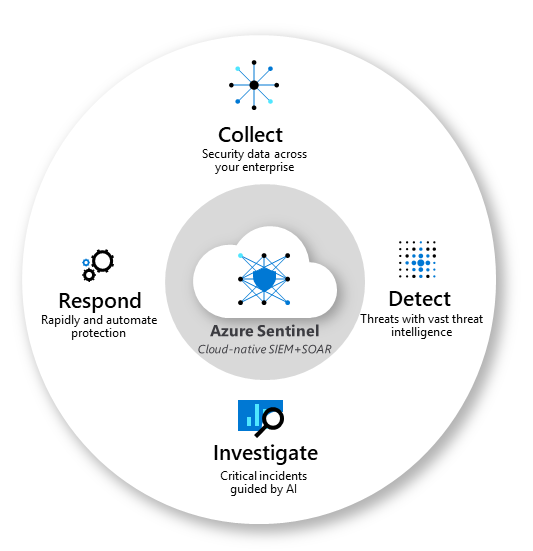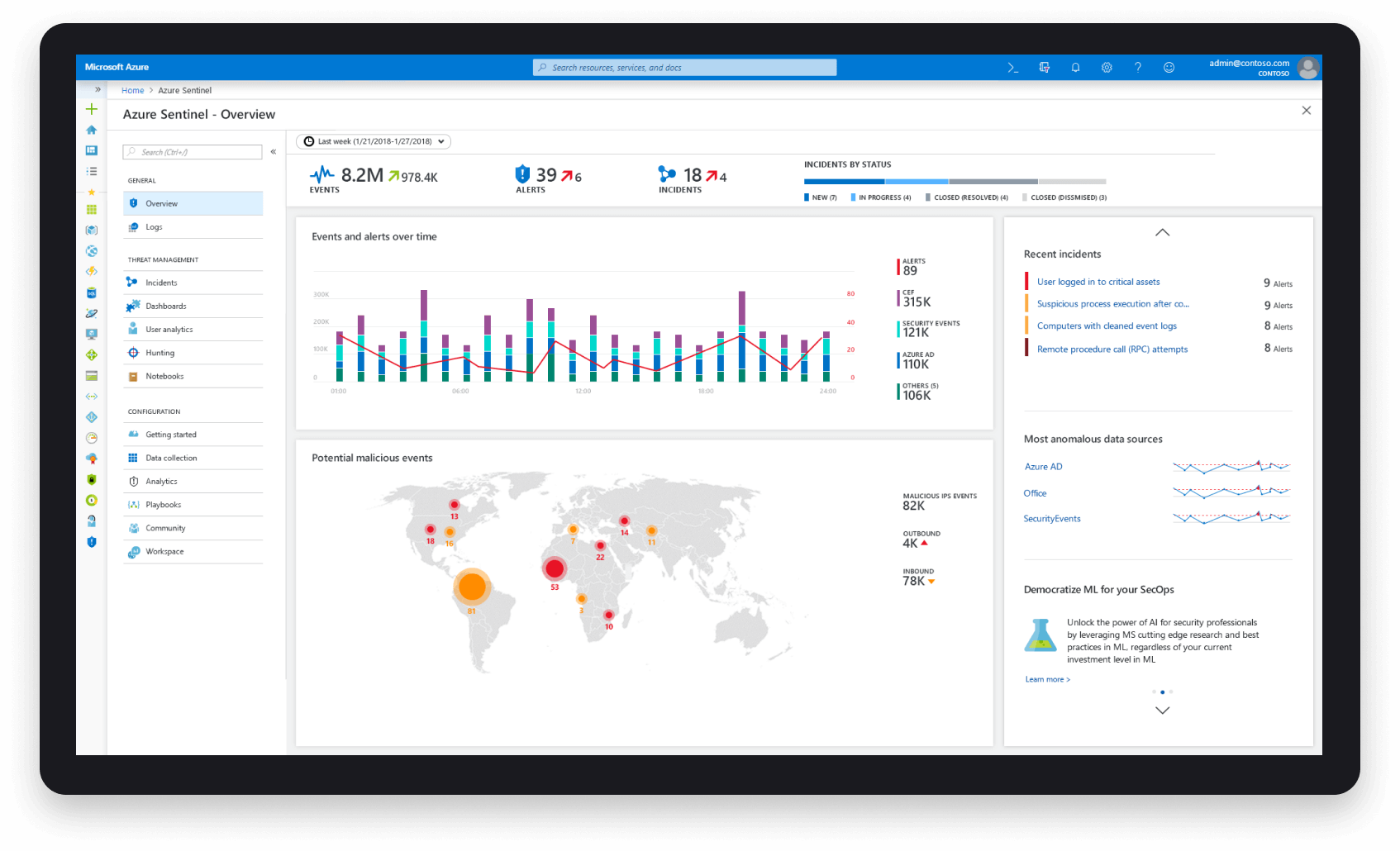Fighting cybercrime is a never-ending saga – hacking, ransomware, spoofing, malware, and phishing scams are all on the rise. According to a recent survey, a record 86% of organizations suffered a cyberattack last year alone, and estimates are that global losses from cybercrime are expected to skyrocket to over $6 trillion this year and reach a staggering $10.5 trillion per annum by 2025. The challenges of detecting and responding to cyber threats and attacks are enormous – and growing daily.
Security and IT operations (SecOps) teams are being inundated by security alerts, yet their attention is constantly being pulled to administrative tasks, like infrastructure set-up and maintenance, instead of dealing with the attacks head-on. Long resolution timeframes mean that Security Information and Event Management (SIEM) products and Security Orchestration and Automated Response (SOAR) solutions are unable to keep pace. SecOps teams are fighting to stay ahead of the ever-increasing number of cyberattacks, but they need the power of an IT security solution that can offer them a faster, clearer, and more precise overview of the enterprise.
Introducing Intelligent Security Analytics for Your Entire Enterprise
Microsoft Sentinel, formerly Azure Sentinel, is a scalable, cloud-native SIEM and SOAR solution. Over 80% of IT security professionals prefer security products that feature Machine Learning (ML) and Artificial Intelligence (AI) technology. Azure Sentinel not only uses the power of built-in AI to quickly analyze large volumes of data across an enterprise, but it also:
- Leverages ML and deep learning techniques to utilize data from earlier incidents to enhance the accuracy of threat prediction.
- Delivers intelligent security analytics and threat intelligence across the enterprise, providing a solution for alert detection, proactive hunting, and threat visibility/response.
- Provides a comprehensive view across the enterprise, easing the pressure of progressively more sophisticated attacks, rising volumes of alerts, and long resolution intervals.
- Collects data at cloud scale across all users, devices, applications, and infrastructures, from on-premises and across all connected clouds.
- Detects previously unobserved threats and minimizes false positives using Microsoft's analytics and unparalleled threat intelligence.
- Investigates threats using AI, and searches for suspicious activities at scale by tapping into Microsoft’s extensive cybersecurity resources.
- Automates investigation workflows so SecOps teams can respond to security incidents quickly with built-in orchestration and automated common functions.

Built on the robust Azure platform, Microsoft Sentinel offers nearly limitless cloud scalability and speed. It integrates Zero Trust architecture principles with Azure’s foundational components, such as Log Analytics and Logic Apps, which enrich threat detection and investigation through AI-driven threat intelligence.
Benefits of Integrating Azure Sentinel into Your Cloud Environment
The advantages of installing Microsoft Sentinel are ease of use, the way it scales to changes in workload or compliance requirements, how it easily integrates with existing SIEM and SOAR solutions, and how its capabilities are continuously being expanded. Other benefits of integrating Azure Sentinel into your IT environment include:
- Connected Data: Collects data from various sources and connectors, including AAD, Microsoft 365 Defender, Cloud App Security, and Microsoft Azure AD.
- Workbooks: Provides default workbook templates that can be leveraged to visualize the data, enabling users to monitor data collected from data sources.
- Analytics: Combines alerts into actionable insights by using ML to map network behavior and identify anomalies across the enterprise.
- Threat Hunting: Enables SecOps to search and question data for potential threats and irregularities not detected by security applications.

Challenges in Deploying and Managing Azure Sentinel
Depending on your level of expertise in cybersecurity software and the complexity of your IT environment, implementing Azure Sentinel can be a difficult exercise. Just a few of the more technical factors to consider before DIY deployment include:
- How to implement an Infrastructure as Code deployment model.
- How to automate customer onboarding into Sentinel.
- How to program and configure connectors.
- How to implement a branch strategy model.
Microsoft has published some very informative literature on these and other installation, automation, and management procedures, including Deploying and Managing Azure Sentinel as Code and Deploying and Managing Azure Sentinel - Ninja Style, to help you understand some of the intricacies of Azure Sentinel. Or you could call in experts to help you install and configure Azure Sentinel into your enterprise.
IT security doesn’t have to be an endless saga. CrucialLogics can help you put the cloud and large-scale intelligence to work for you. Let’s make your threat protection smarter and faster with Azure Sentinel and the power of AI. Reach out to our team.



